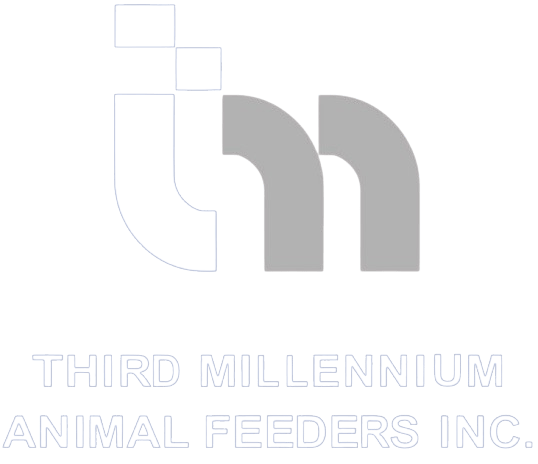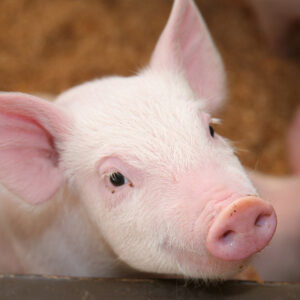


VestAmino® CC60
Choline chloride
Choline chloride is a vital nutrient and a common feed additive used in poultry diets. It offers several benefits to poultry. Here’s an overview of the role and benefits of using choline chloride in poultry diets:
- Structural integrity and cell membrane function: Choline is an essential nutrient required for synthesizing phospholipids, a crucial component of cell membranes. Adequate choline levels in the diet support the structural integrity and function of cell membranes in poultry, ensuring proper cellular activities and overall health.
- Lipid metabolism and liver function: Choline plays a critical role in lipid metabolism. It is involved in the transport and metabolism of dietary fats and cholesterol. Choline helps prevent the accumulation of fat in the liver and supports proper liver function. It is imperative in poultry diets with high-fat or high-energy formulations, as it aids in fat digestion, absorption, and utilization.
- Neurological development and function: Choline is essential for the development and function of the nervous system. It is a precursor for the synthesis of acetylcholine, an important neurotransmitter involved in nerve signalling. Adequate choline levels in the diet support proper neurological development, cognitive function, and behaviour in poultry.
- Egg production and hatchability: Choline plays a crucial role in egg production and hatchability in laying hens. It is involved in the synthesis of lipoproteins, which are important for the formation of egg yolk. Choline deficiency can lead to reduced egg production, poor eggshell quality, and decreased hatchability. Supplementing choline chloride in poultry diets helps ensure optimal egg production and hatchability rates.
- Methionine-sparing effect: Choline has a methionine-sparing effect in poultry. This means that when choline levels are sufficient, the need for dietary methionine (an essential amino acid) may be reduced. By sparing methionine, choline allows for better utilization of dietary methionine and helps optimize protein synthesis and growth performance in poultry.
- Immune function: Choline is involved in immune system function and helps support the bird’s defence against infections and diseases. It plays a role in the production of antibodies and the regulation of immune cell activity. Adequate choline levels in the diet contribute to robust immune responses and improved disease resistance in poultry.
Including choline chloride in poultry diets ensure the birds’ choline requirements are met. Choline chloride is a common form of choline used as a feed additive due to its stability and ease of formulation. It can be included in poultry diets at appropriate levels based on the bird’s age, production stage, and specific nutritional requirements. Choline chloride supplementation in poultry diets supports structural integrity, cell membrane function, lipid metabolism, neurological development, egg production, hatchability, immune function, and overall poultry health and performance. It is an essential nutrient that plays a vital role in various physiological processes and should be considered an integral part of poultry nutrition.





